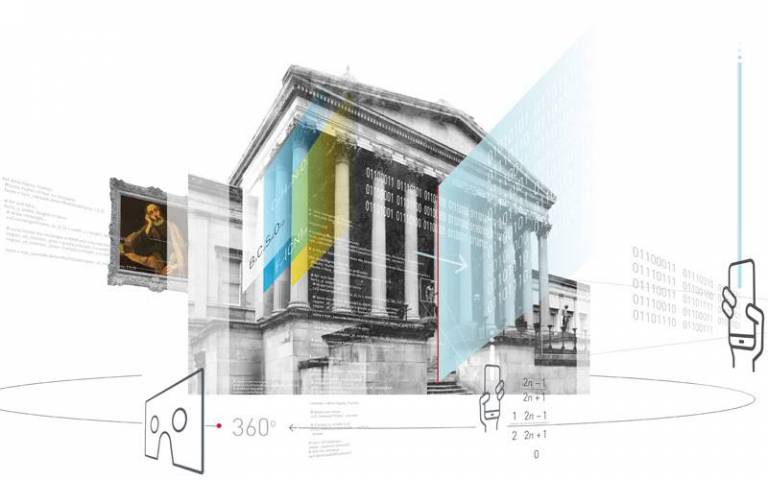Short course: code[heritage+culture]
08 July 2021–29 July 2021, 4:00 pm–6:00 pm

Join our four-week remote training course to develop key skills that underpin the use and understanding of code-based approaches to working with data.
Event Information
Open to
- All
Cost
- £400.00
Organiser
-
UCL Institute for Sustainable Heritage
The culture and heritage sectors are increasingly generating and making use of data, requiring those involved to develop skills to manage, analyse, and visualise it—or communicate with those who do. This four-week remote training course will develop key skills that underpin the use and understanding of code-based approaches to working with data. Intended for anyone working within culture and heritage, it will develop a basic coding ability using R (with RStudio) but focusing on key skills that underpin the use of any coding-based approach to working with data. Through the course, participants will become familiar with the RStudio interface, develop their ability to ‘think programmatically’, and learn basic commands for data management, analysis, and visualisation —as well as how to read data into it and extract outputs, such as visualisations. The course will develop skills to solve errors, debug code and signpost participants to where they can find help.
This course is being run as part of the ISH Academy by the UCL Institute for Sustainable Heritage.
More Information
Each session will demonstrate several practical skills and include time for Q&A. Participants will be given exercises to complete in their own time between sessions that will reinforce learning through the application of similar tasks. Recordings of each session will be made available to participants to follow along with demonstrations at their own pace, as well as fully worked solutions to the tasks.
Format: 4 sessions, 4 - 6pm BST.
Instructors: Dr Josep Grau-Bove and Dr Scott Allan Orr
Session 1 (8 July)
- Walkthrough of how to use R and RStudio
- Using scripts, the terminal and running the code
- Basic elements of code and types of variables
- Introduction to programmatic thinking
Session 2 (15 July)
- Understanding and customising existing packages
- Being resourceful and knowing where to find help
- Introduction to debugging methods
- Basic data visualisation
Session 3 (22 July)
- Preparing data for input
- Input and output workflows
- Exporting visualisations and data
Session 4 (29 July)
- Complex code as a combination of simple steps
- Planning workflows to optimise tasks
- Writing and optimising a custom function
 Close
Close

